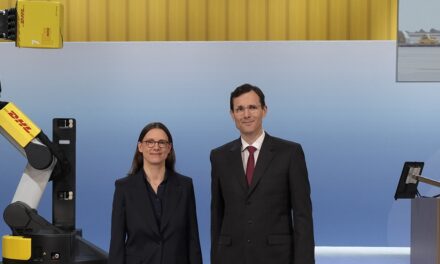
Deutsche Post Defends Controversial Tax Break
Deutsche Post Defends Controversial Tax Break
HB/sms BERLIN/DÜSSELDORF. Deutsche Post AG is on course for a row with the German audit office over the extent to which the German postal services and logistics group should enjoy its controversial freedom from sales tax.
On Thursday, Deutsche Post denied that it was currently enjoying an unfair competitive advantage due to tax breaks. A company spokesman said its freedom from sales tax was conferred under German and European Union law by virtue of its status as the provider of a public service.
The company was responding to a story in Thursday’s Handelsblatt based on a confidential report by the audit office, which Handelsblatt had seen.
The audit office, in its report, effectively divides up Deutsche Post’s business into two areas: those that have been opened up to competition and those over which the company has retained a monopoly.
It does not take issue with Deutsche Post’s freedom from sales tax on revenue generated in monopoly areas, where it provides a necessary public service. But it demands an end to the freedom from sales tax that the company enjoys in non-monopoly areas, arguing that this gives it an unfair advantage over its competitors.
According to the report, the decision to grant freedom from sales tax was taken by Manfred Overhaus, state secretary to the finance ministry, who is also a member of the Deutsche Post supervisory board. The Handelsblatt report suggested that the move was aimed at making Deutsche Post’s figures look good ahead of its privatization, via an Initial Public Offering, in November 2000.
But Deutsche Post can argue that its necessary public services extend beyond the monopoly area, the delivery of letters weighing up to 200g. Under the German Posts Law, it is obliged to provide further services such as the delivery of letters weighing between 200g and 2 kg, and parcels weighing up to 20 kg, although these can also be provided by competitors. Government insiders said bearing in mind the company’s obligation to provide these services, the extended freedom from sales tax was justifiable.
According to the audit court report, Deutsche Post last year generated sales of 2.8 billion euros in these non-monopoly areas, meaning its sales-tax bill would have been around 445 million euros.












